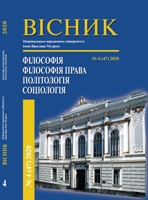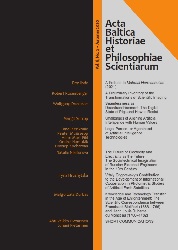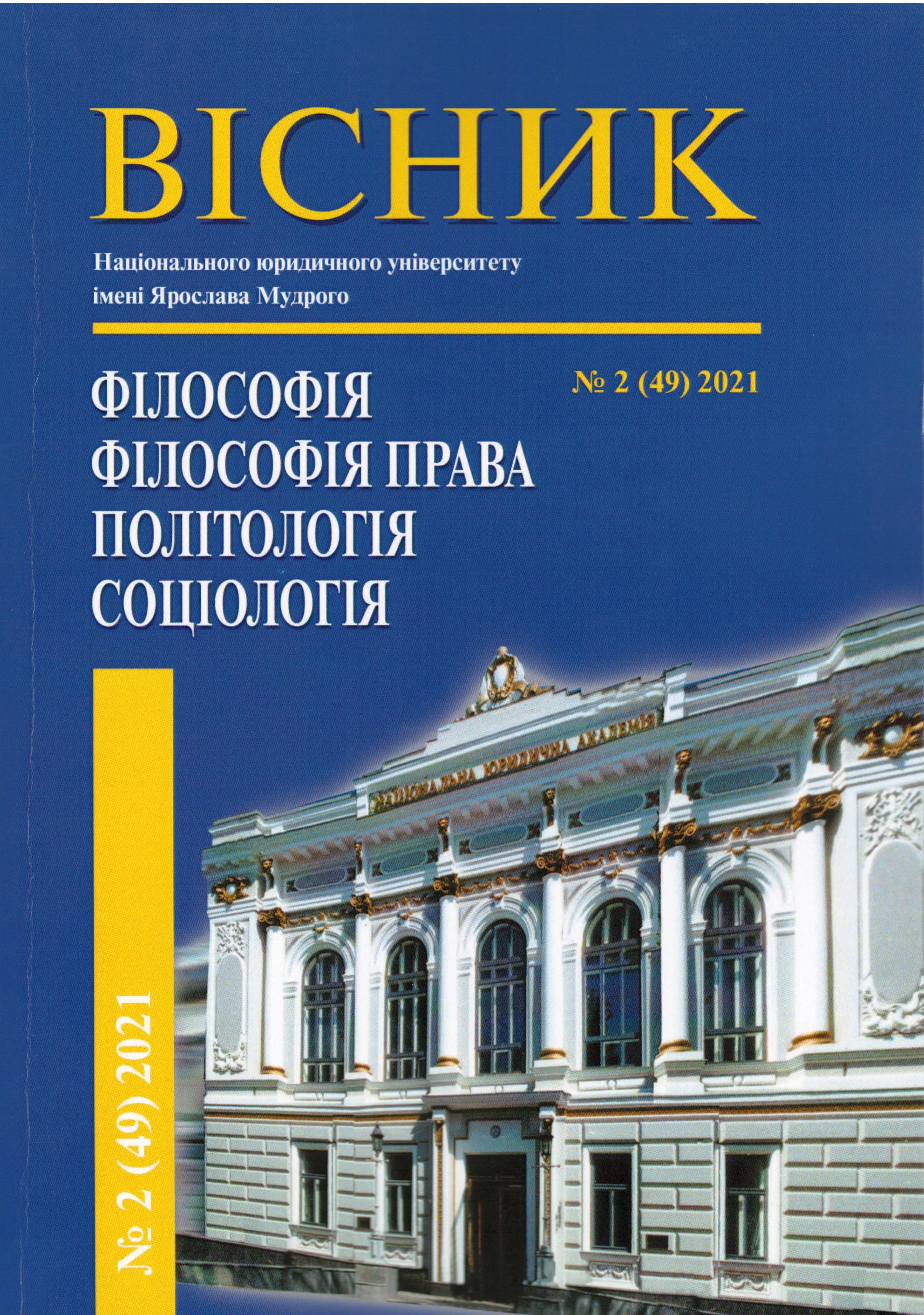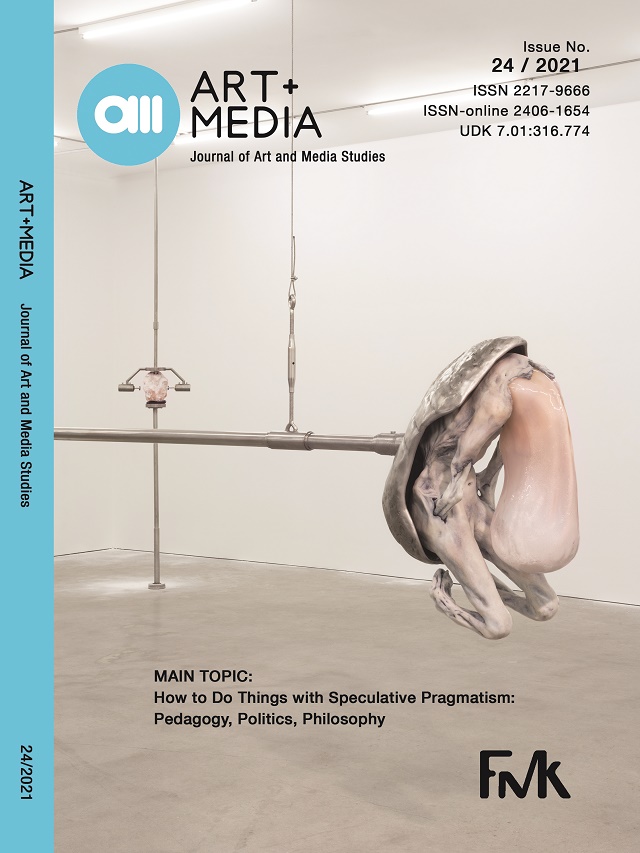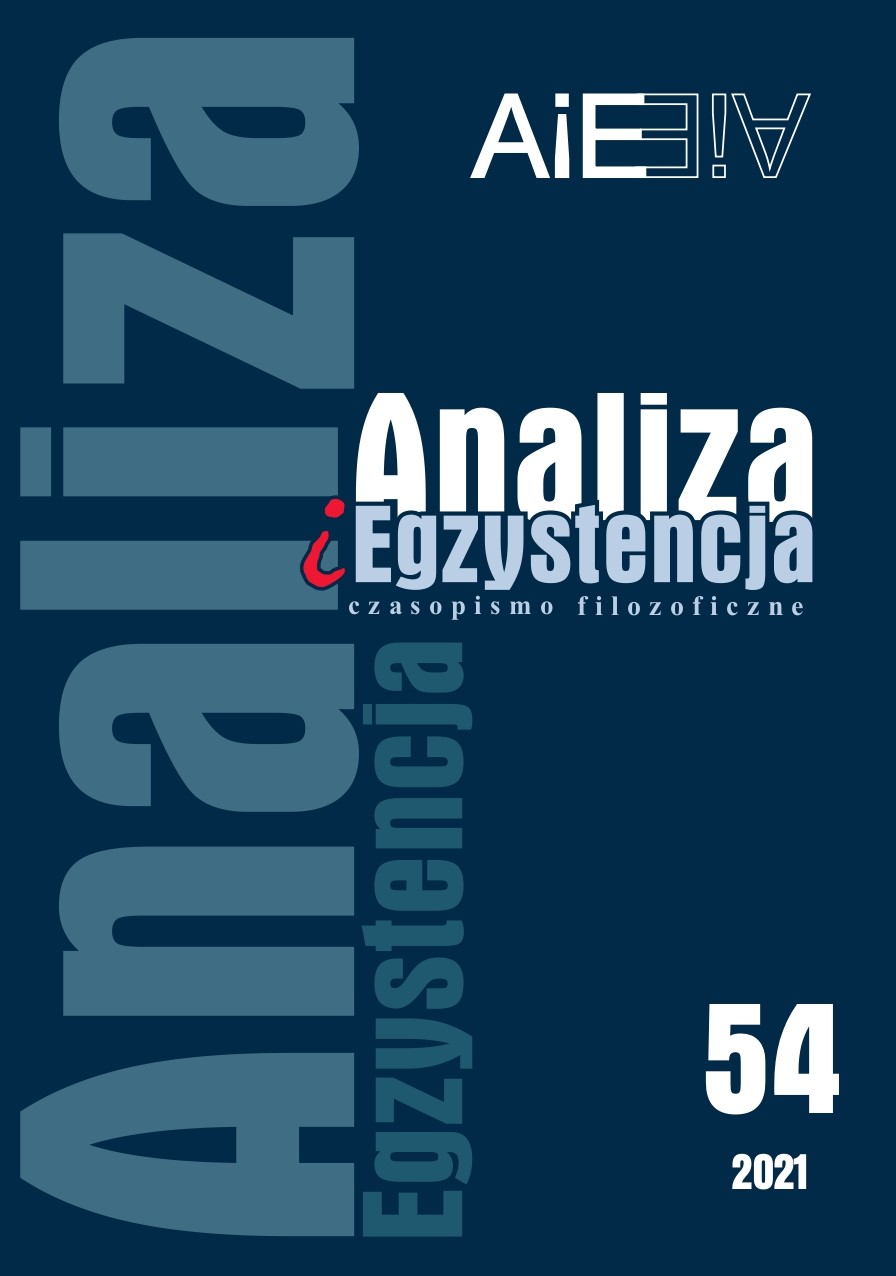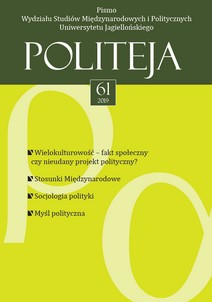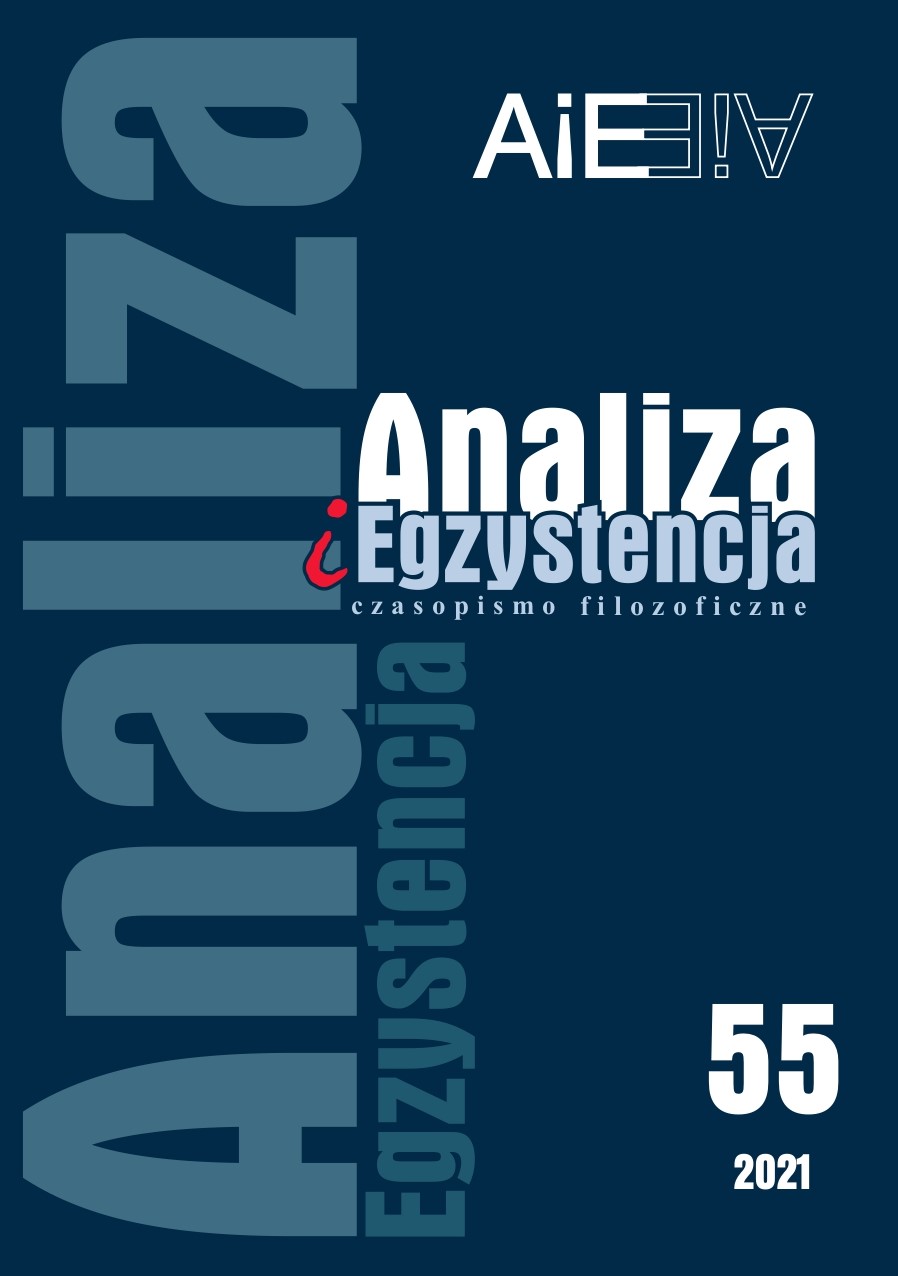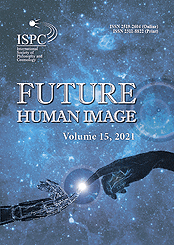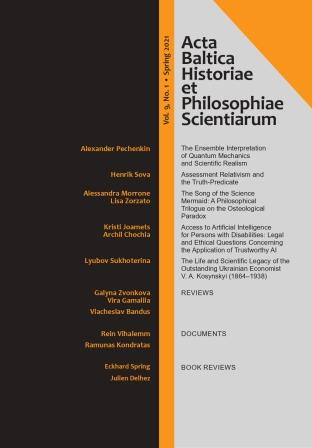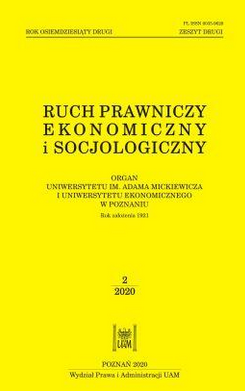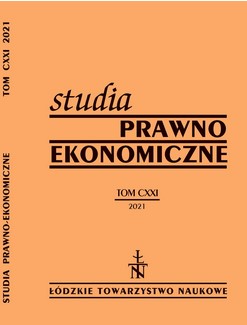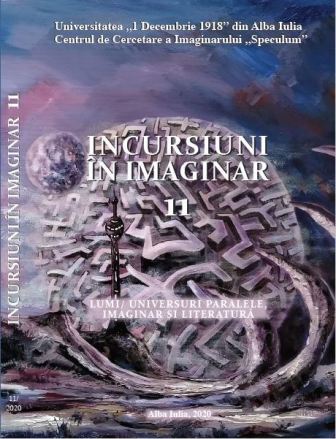
Proiecția imaginară a femeii în spații paralele în povestirile lui Vasile Voiculescu
Fantastic literature creates parallel universes, the real world coexisting with an imaginary one. Parallel, possible worlds can no longer be realistically described, the concept of observation suffering a crisis following the popularization of quantum physics theories, including the uncertainty principle leading to relativization, depending on measuring instruments and the researcher's method.In his choice for William James's pragmatism, which made observation dependent on the observer’s interests (which does not even fall within his sphere of interest), Vasile Voiculescu found confirmation in the relativism and scientific skepticism of the New Physics.V. Voiculescu’s stories suggest that the world and life are constructions of the individual’s consciousness, which includes mythical-magical thinking and the archetypes of the collective unconscious. The fear of the unknown in a hostile nature, the state of uneasiness caused by cosmic terror generates the fantastic. A structured complex of superhuman desires appears, a strong psychological conflict, intense feelings of the characters situated between two worlds, between the possibility and the impossibility to satisfy the desire of returning to their origins. Rejecting the human condition and history, these characters try to escape. They become entities of “coincidentia oppositorum”, they advance through narrative scenarios, seemingly without a meaning. However, these female characters try to decode the meanings, to access the sacred and build a parallel world, another version of the everyday, profane, meaningless world.Voiculescu describes the deformations, the rejection of patterns, the irrationality of the characters who live under the sign of illusion, in a disjunction me/ universe, me/ the other reality.
More...
